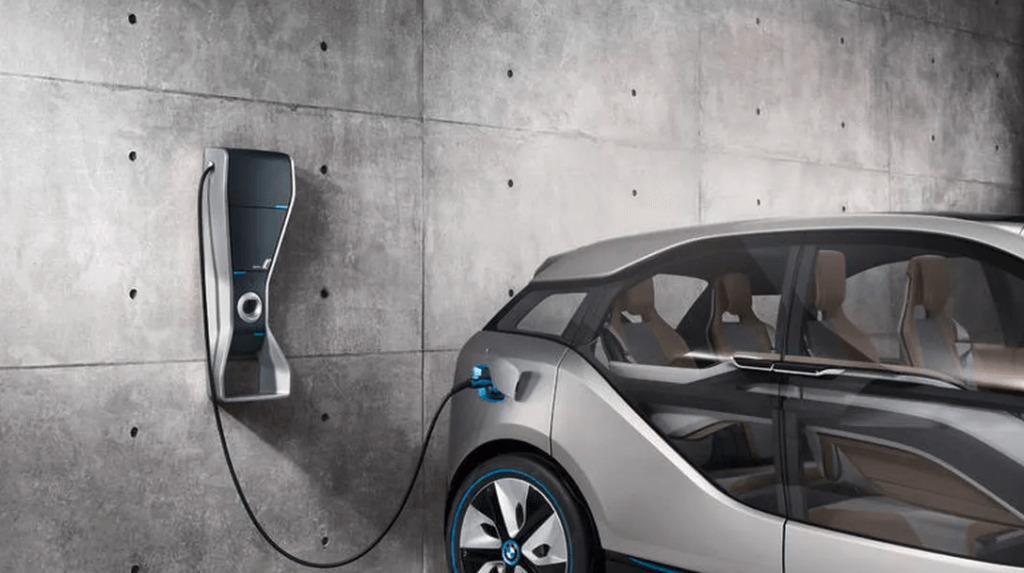Benefits of EV charging stations in your building
We know the story, it goes a little something like this: you have residents asking you about what they need to do to get their parking spot an EV Charger. You’re left thinking we need to talk to the board and find someone to help. That’s us, we can help you every step of the way. From determining your building’s electrical capacity which will tell us how many EV chargers you can add and how much they charge, to how will the parking spot owner be charged for the electricity they use. We take care of all of that. We have partners in the technology industry who deal with the billing portion of the EV chargers. We will walk with you every step of the way.
It all starts with a plan, adding an EV charging in condominiums is not an easy accomplishment and a process which starts with a good inspection.
Some facts from ACMO
- New clients that own an EV Car will check to see if the building they plan to move into can provide charging for their EV Cars.
- Receive up to three LEED points from the Canada Green Building Council.
- Get added to the Chargehub map of properties that offer EV charging.
Let’s get you familiarized with EV Chargers
Level 2 charger installation in condos
Although they’re often purchased at the same time, Level 2 chargers are sold separately from the car. These chargers require a slightly more complicated setup, as they are plugged into a 220/240V outlet which allows for charging 3 to 7 times faster than a Level 1 charger. The installation of a Level 2 charger requires the expertise of a licensed electrician.

Level 3 chargers
Also known as DC fast charging, it offers 10 to 20 times the charging speed of Level 1 and Level 2 chargers. Electric vehicles can be charged up to 80% within 30 minutes, depending on the type of EV Car.
DC Fast Charging Installation
The electricity requirements of the technology are massive and installation costs are also extremely high compared to a Level 2 alternative. Not all-electric vehicles can access the rapid charge of Level 3 stations.
Contact a Certified Electrical Contractor
An electrical contractor will be able to help estimate the cost of installing the charging station and mitigate impacts on the building’s electrical supply. We are a licensed electrical contractor with the ESA and are able to provide that service expertly.
Role of the Board
Condominium Board approval is required for any proposal by a condominium owner for addition, alteration, or improvement to the common elements (either exclusive or non-exclusive use) under Section 98 of the act.
Design considerations for EV Charger Installations
The design of the building and its parking infrastructure plays a big role when installing a charging station. There are many who live in buildings with underground parking that are not well served with electricity. In some cases, installation requires drilling through concrete to run conduit, trenching of landscaping or asphalt, as well as other aesthetic changes.
Monitoring Electrical Load/Usage
It is important to track the usage of the charging station(s) in order to ensure that residents pay their share of the electricity used. This can be accomplished in several ways, including:
Direct – Connecting the charging station through a direct link to the resident’s existing power meter allows the utility company to bill the owner directly for the electricity used. This option would work for property managers who want to have exclusive charging at their property.
Sub-meter – Installing a separate sub-meter to the charging station can allow the utility company to track electricity usage and bill directly to the EV owner. This option would accrue additional expenses through maintenance fees for the separate sub-meter but could be a good option for exclusive stations for individuals.
User fee – The Board and/or Property Manager may enter into a cost recovery system that can be as simple as charging the owner a flat fee or ‘usage fee’ for use of the station. Please note, as per Ontario law, electricity cannot be resold without a license and this fee would not be to pay for the electricity (on a kWh basis), but instead would be considered a service fee. This option could be used for individual, exclusive use charging stations, or for multi-user public charging stations.
Public Network – Some charging units are network-enabled (able to connect to the internet). This allows multiple users to use the same station while maintaining private access through a system. This system bills the users for their time at the station. These networked solutions are typically more expensive but logistically less complicated than other shared models. They also allow for more flexibility should the uptake of EVs increase among residents in the complex.
Here’s how it works
Our team is here to support you every step of the way towards the design, installation and maintenance of your Electric Vehicle Charging Station.